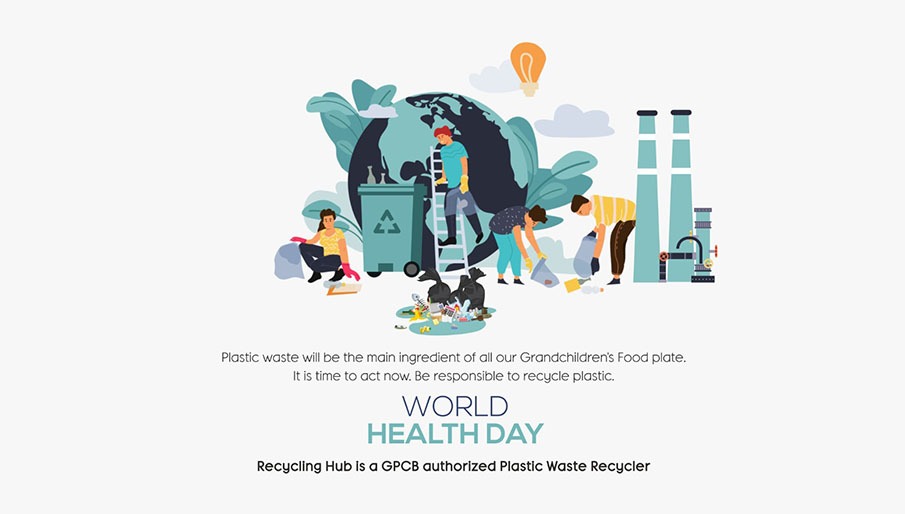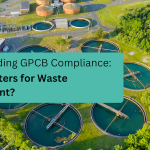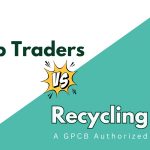Plastic waste and Human Health: Plastic waste Collection & Recycling is the solution
Even though plastic is one of the most pervasive materials on the planet, plastic and its impact on human health remain poorly understood. Yet exposure to plastic is expanding into new areas of the environment and food chain as existing plastic products fragment into smaller particles and concentrate toxic chemicals. As plastic production increases, this exposure will only grow.
Plastic in the Environment
Once plastic reaches the environment in the form of macro- or microplastics, it contaminates and accumulates in food chains through agricultural soils, terrestrial and aquatic food chains, and the water supply. This environmental plastic can easily leach toxic additives or concentrate toxins already in the environment, making them bioavailable again for direct or indirect human exposure. As plastic particles degrade, new surface areas are exposed, allowing continued leaching of additives from the core to the surface of the particle in the environment and the human body. Microplastics entering the human body via direct exposures through ingestion or inhalation can lead to an array of health impacts, including inflammation, genotoxicity, oxidative stress, apoptosis, and necrosis, which are linked to an array of negative health outcomes including cancer, cardiovascular diseases, inflammatory bowel disease, diabetes, rheumatoid arthritis, chronic inflammation, auto-immune conditions, neuro-degenerative diseases, and stroke.
Plastic Waste Management is the solution
Plastic waste directly or indirectly affect affects living organisms throughout the ecosystem, including an increasingly high impact on marine life at Macro and micro scale. According to the United Nations, almost 80% of the marine debris is plastic. Policy enforcement remains weak, global manufacture of plastic continues to increase, and the quantity of plastic debris in the oceans, as well as on land, is likely to increase.
With limited sustainable recovery of plastics, there is growing global movement to reduce the generation of plastic. Certain types of plastics may be ‘safer’ for the environment than others, however, there are troubling issues associated with all of them, leading to the conclusion that action is needed to remove plastic waste and stricter controls are required to limit new source of plastic pollution. Efforts such as light weighting of packaging and shifts to compostable plastics are options. Many people use eco-friendly bags for the sake of green living. Policies limiting the use of plastic such as bottle bills and bag bans are other ways to decrease the production and consumption of plastics.
Reduce: First step in reducing plastic waste is to minimize single use plastics by supporting a tax on plastic bags, restraint on manufacturing of plastics, and using alternatives of plastic or biodegradable plastic.
Reuse: Reusing plastics can reduce the demand for new plastics, hence it can act as the natural restrain on plastic manufacturing.
Recycle: Plastic recycling is the process of recovering waste or scrap plastic and reprocessing it into useful products. It offers several benefits like:
Economic benefits due to value addition
Generates employment
Reduces depletion of fossil fuel reserves.
Reduces landfill problems
Recycling of plastics requires less energy
Recovery: It is the process of converting non-recyclable plastics into a range of useful forms of energy and chemicals for industry. Since plastics contain mainly carbon and hydrogen, with similar energy content to conventional fuels such as diesel, they can be used as a potential source of fuel.
Recycling Hub is a leading GPCB Authorized Scrap Buyer in Gujarat.
Plastic has multiple uses and the physical and chemical properties lead to commercial success. However, the indiscriminate disposal of plastic has become a major threat to the environment. In particular, the plastic carry bags are the biggest contributors of littered waste and every year, millions of plastic bags end up in to the environment vis-a-vis soil, water bodies, water courses, etc and it takes an average of one thousand years to decompose completely. Therefore, to address the issue of scientific plastic waste management, the Plastic Waste (Management and Handling) Rules, 2011 were notified in 2011, which included plastic waste management. The Government has notified the Plastic Waste Management Rules, 2016, in suppression of the earlier Plastic Waste (Management and Handling) Rules, 2011
The mandate of GPCB is to implement Environmental and Pollution Control Legislations, Rules and Notification so far as they pertain. The major objectives of the board revolve around Pollution Control and Protection of The Environmental quality and drawing up comprehensive programs for prevention, control or abatement of pollution from different sources.
In Gujarat, about 20500 industries have potential to generate hazardous waste which can be recycled in different areas. As per the Hazardous and Other Waste Rules – 2016, CPCB has delegated the powers to SPCBs (GPCB) to grant authorization for utilization of Hazardous and other waste under Rule 9. It is the responsibilities of a hazardous waste generating organization to divert the hazardous and other wastes to the authorized recycler.
At RECYCLING HUB we ensure that while we collect your scrap materials by providing you the very best price, at the same time we make sure that your organization meets all the compliances related needs.






